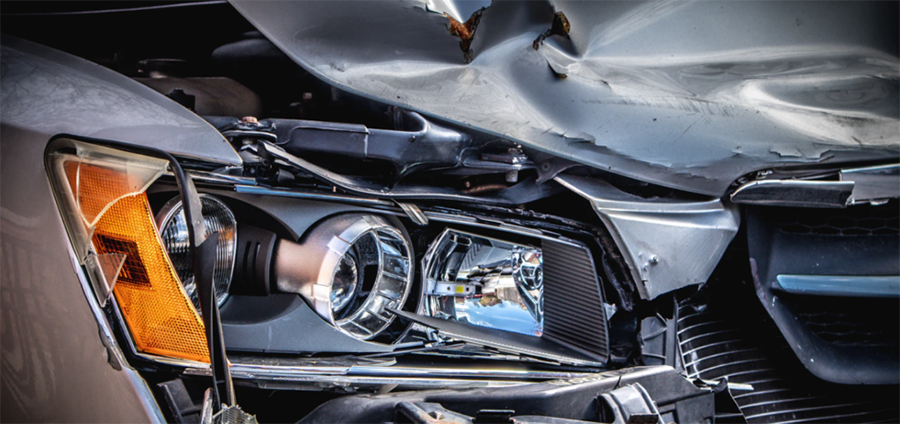
In the aftermath of an accident, tensions and anxiety run high. You may not even be sure how the accident happened. Witness testimony is an important part of your insurance claim, but having a witness who isn’t credible can damage your claim far more than it will help you.
What do we mean by credible, and what makes a credible car accident witness? Let’s take a look.
What Does “Credible” Mean?
Credible is the quality that makes a witness believable. In other words, a credible witness is one whose testimony is likely to be considered true and unbiased. There are many factors in determining witness credibility, including their demeanor at the scene of the accident. A witness who is under the influence of alcohol or other substances, for instance, is less likely to be taken seriously. Likewise, a difficult or “hostile” witness can be deemed uncredible.
What Makes A Credible Car Accident Witness?
There are many factors in establishing witness credibility, some obvious and some less so.
Willingness to Come Forward
At the scene, credible car accident witnesses may be the first to approach you with phrases like, “I saw the whole thing” or “that driver ran the red light.” A witness’s willingness to come forward with their version of events at the scene is a great start in establishing credibility. A credible witness will be willing to wait for the police and issue a statement, or to write down their description of the incident and contact information if waiting on police isn’t possible.
Background
Your witness’s background may also weigh in on their overall credibility, fairly or unfairly. A witness who has a history of lying to police or who has a criminal record is less likely to be believed. Of course, you won’t know this at the scene of the accident; your attorney will be able to vet your witnesses after the incident.
Relationship to Driver
A witness’s relationship to the driver can affect credibility. It’s hard to believe that a family member or friend would be able to provide a true and accurate account of the incident. Insurance companies may jump on these relationships to discredit the witness’s testimony.
Mental State at the Scene
A credible witness must be clear-headed when providing testimony. Drugs, alcohol, or even cognitive difficulties can cast a shadow over witness credibility. Additionally, some physical impairments such as loss of hearing or, obviously, blindness, will diminish witness credibility.
Location of the Witness During the Accident
A witness’s vantage point is important in establishing credibility. A credible witness will be one that had a clear view of the entire accident and was not distracted when it occurred. To be considered credible, a witness should have seen the incident in its entirety, including what actions the drivers were taking just prior to the accident.
Inconsistencies
A credible witness’s story won’t change significantly from its first telling. Some changes, such as remembering smaller details, are normal but if the witness testimony continuously changes at its core, it won’t be considered credible.
Gathering Witness Testimony at the Scene
You won’t know if a witness’s testimony will be considered credible or not when you’re initially getting their statement. It’s important to make sure you gather all witness statements at the scene, including contact information.
It’s not your responsibility to vet these witness statements at the time; leave that to the professionals. Your attorney will be able to sort through testimony to see if it will help your claim. If testimony is deemed as not credible, s/he may omit it from your claim altogether.
Your attorney will also make sure that witness testimony “lines up” if multiple witnesses were on the scene of the accident.
Insurance Companies Are Not Your Friends
Insurance companies aren’t out to help you and make sure you receive fair compensation. There are agents within these companies whose purpose is to discredit testimony, lower your compensation, and find ways to deny your claim.
It’s important to have professional legal counsel when dealing with insurance companies, other drivers, and witnesses. Never speak to the other drivers after an accident, and don’t file your claim on your own or submit witness statements to insurance companies until your personal injury attorney has had a chance to vet all the information and explain the best way to proceed.

